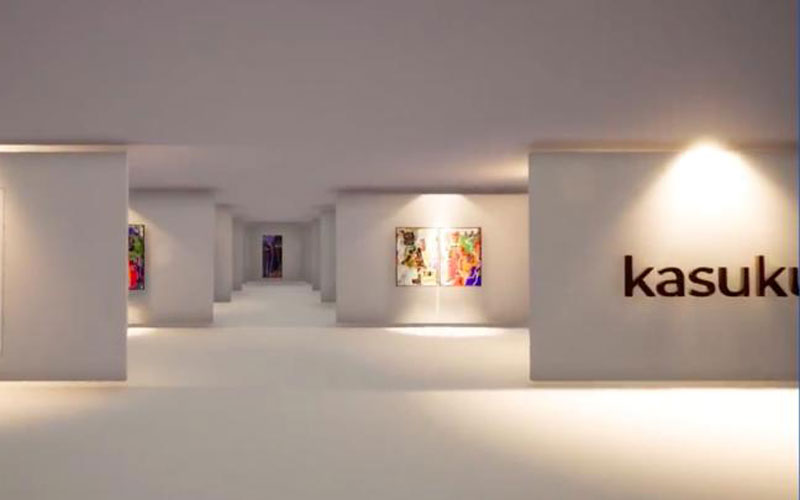Photos of one of the galleries in the Kasuku NFT marketplace [File]
×
The Standard e-Paper
Stay Informed, Even Offline

For Mowgli Dodhia, the caged parrot symbolises the potential that African artists can unlock in the trade of non-fungible tokens (NFTs).
“The bird is very beautiful but caged,” he says. “So how do we break the cage?”